What To Eat Before And After Workouts
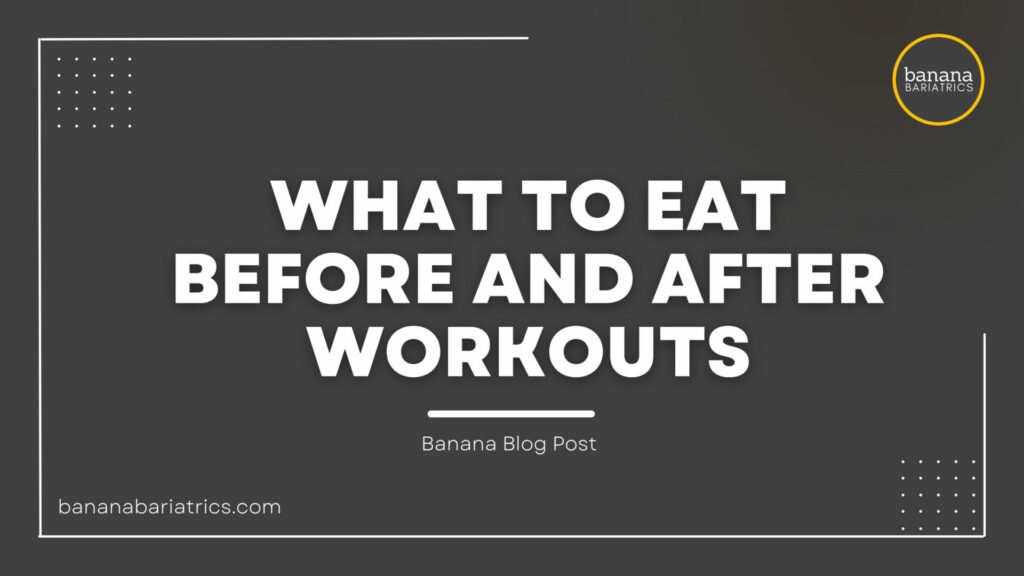
As you get further and further out from surgery, you may start finding yourself feeling more and more energized. With this energy comes the drive to begin exercising and working out. With increased activity comes an increased need for needing to eat more and to consume more calories. But how should you eat before and after workouts to power your workouts and fuel your exercise? In this week’s blog post, we will be sharing helpful tips and tricks from Bariatric Dietitian and exercise nutrition specialist, Kim Tirapelle, MS, RD, CSSD.
Importance Of Bariatric Guidelines In Surgery
The basic bariatric guidelines after surgery revolve around one major macronutrient as the prime focus: protein. And while protein is a great macronutrient that contributes to muscle growth, carbohydrates play an equally important role in exercise nutrition due to their quick acting supply of energy. When you start to incorporate more exercise, strength training, and more vigorous intensity to moving your body on a regular basis, it is very important to ensure you are not under-eating.
Calories And Exercise
Under-eating will sabotage your results, slow your metabolism, and cause the scale to stop moving.
Despite being on an overall reduced caloric diet compared to someone who has not had surgery at all, you still require additional calories in your daily routine to have the strength and stamina to power your workouts. Realistically speaking, a slow and steady gradual increase in your daily calories can help you not only optimize your workouts, but also help you build muscle and recover more quickly from your exercise.
The quickest source of energy you can eat before your workouts will be from carbohydrates. Whenever possible, grab nutrient dense food sources of carbohydrates over highly process and packaged carbs. As a bariatric patient, it is still very important to pair carbohydrates with protein in order to keep your blood sugar balanced and to sustain the feeling of fullness after eating. This is especially true for those who have diabetes and insulin resistance.
One example of pairing a healthy carbohydrate with protein would be slicing part of a banana on top of greek plain yogurt. Or, dipping apples into peanut butter. Better yet, make your own smoothie by blending up unsweetened almond milk, 1/2 banana, peanut butter (or PB2), protein powder, ice, and some unsweetened cocoa powder for a healthy peanut butter chocolate protein shake!
Eating After Exercising
If you’re exercising for over an hour duration and are participating in strenuous exercise, then it is important to tune into how your body is feeling after finishing your workout. Are you feeling tired and fatigued? If so, ensure that you are eating a balanced meal within 1-2 hours after your workout. Try to build your plate according to the bariatric plate method with 50% from protein, 30% non-starchy vegetables, and the rest of the food coming from healthy fats and complex / starchy carbohydrates.
Want to catch all of the tips and tricks that Kim Tirapelle shared on our personal interview together? She goes even further in the weeds of knowing what to eat before and after workouts. Watch the replay below:
Kim Tirapelle Contact Information
Kim is a Registered Dietitian who specializes in Bariatric Sports Nutrition. She has been working with bariatric clients and athletes for the last 16 years.
- Website: ActiveBariatricNutrition.com
- Instagram: @ActiveBariatric
- Podcast: Active Bariatric Nutrition Podcast
- YouTube: ActiveBariatricNutrition Channel
- TikTok: ActiveBariatricNutrition
- Facebook: Active Bariatric Nutrition
Need Extra Nutritional Help?
Struggling with understanding what to eat, how to cook, and how to maintain your weight loss after bariatric surgery? Don’t know how many calories to have a day, how many grams of protein, fat, carbohydrates, etc.?
We’ve got you covered with our Nutritional Masterclass!
Dive deep into the core bariatric nutritional concepts that will help you feel back on track and back in the driver’s seat of achieving your ultimate health goal! We answer all of the most commonly asked questions around nutrition and diet from a medically backed bariatric perspective inside all of the modules within our Nutritional Masterclass.
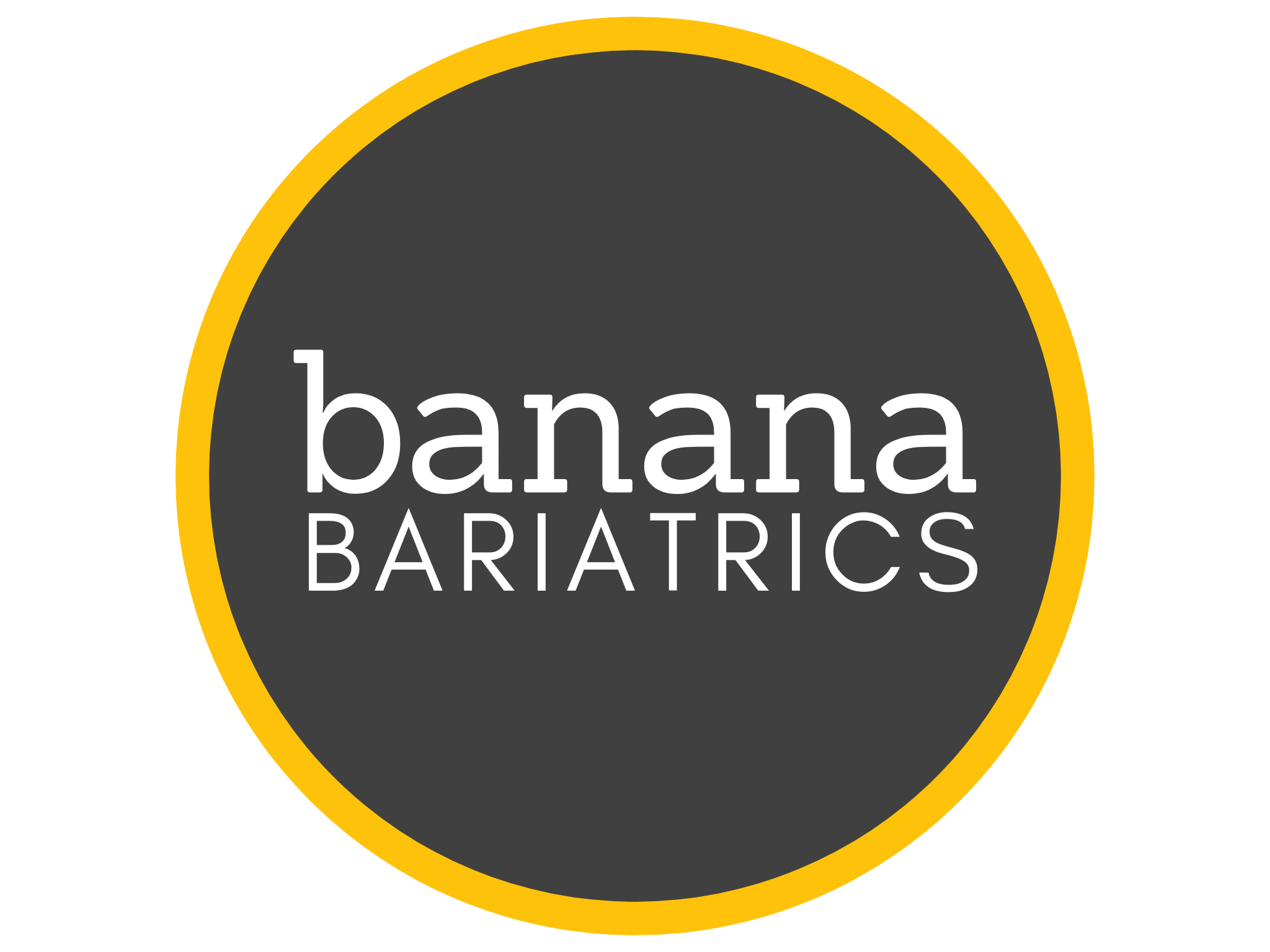

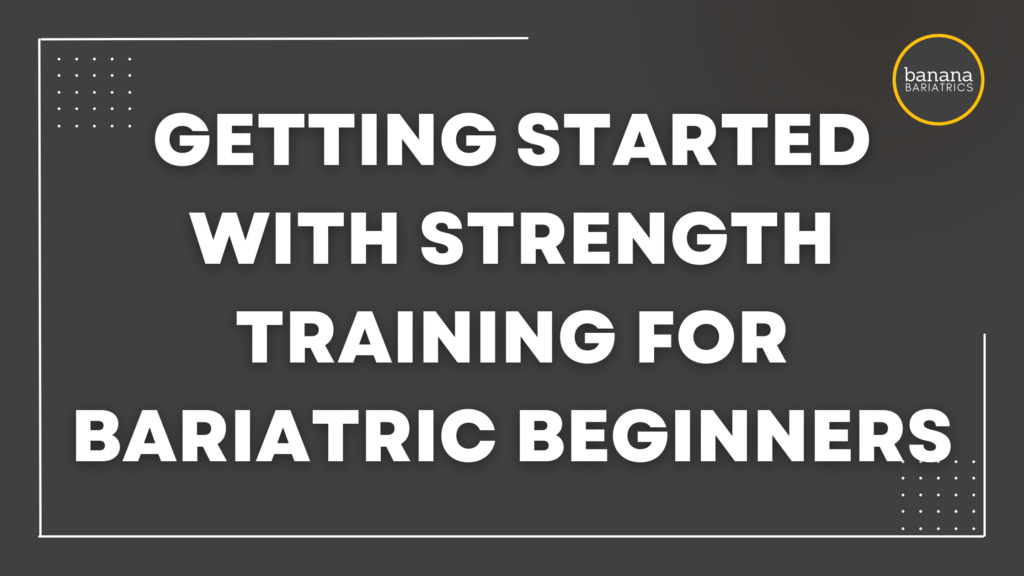

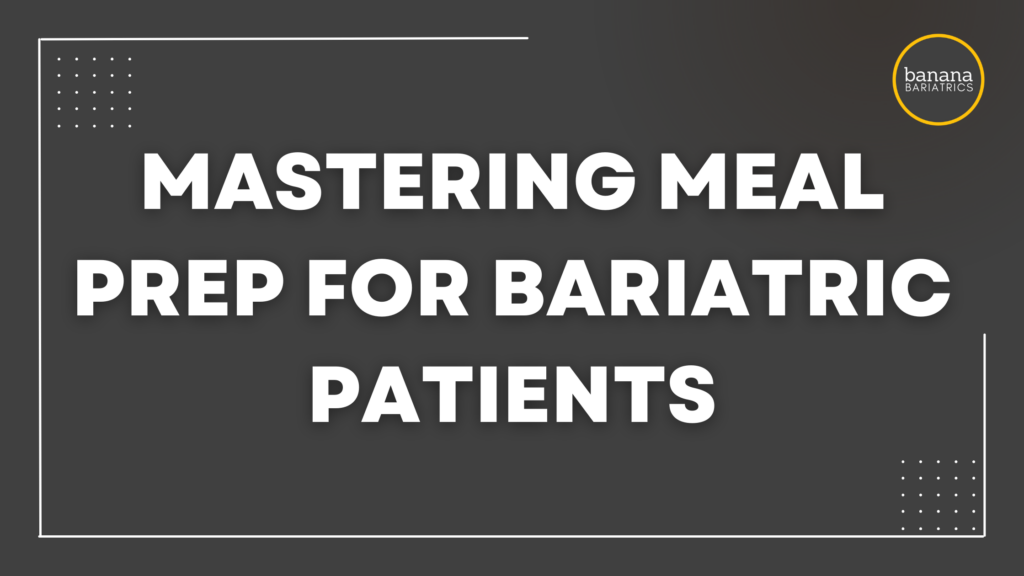
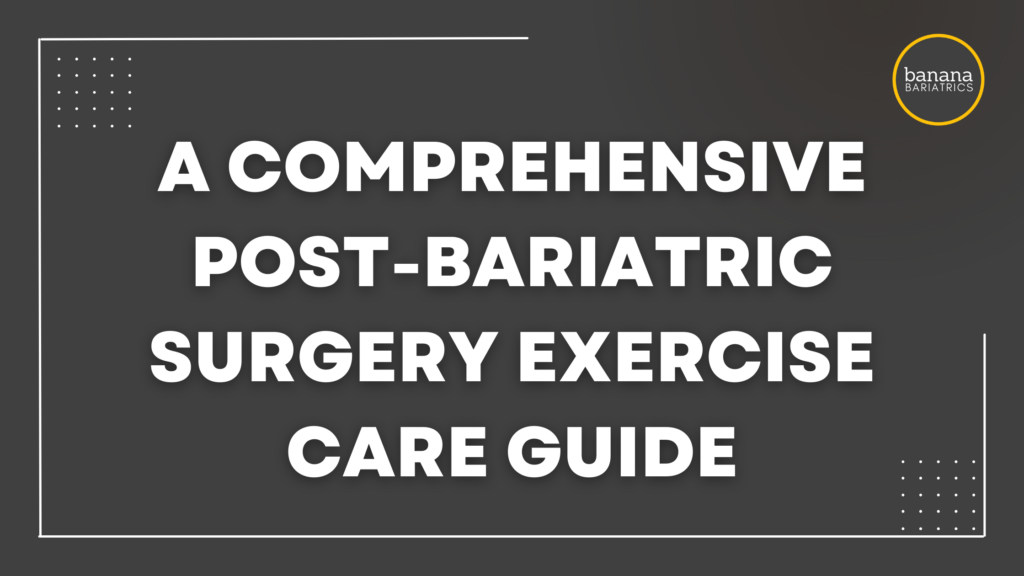
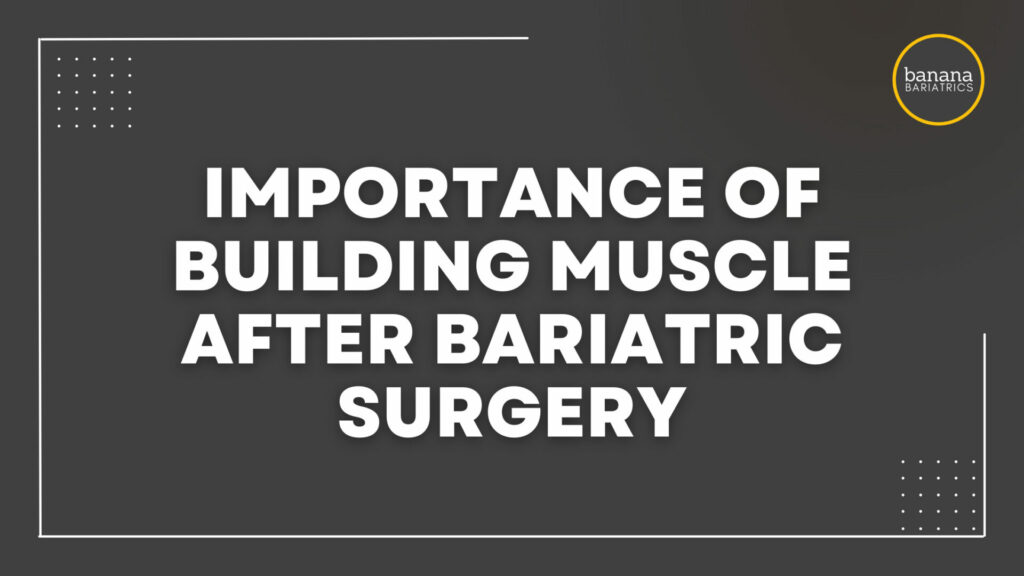
Responses